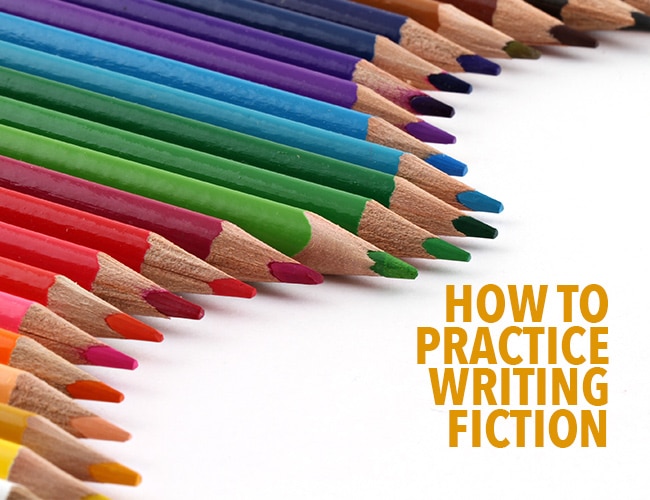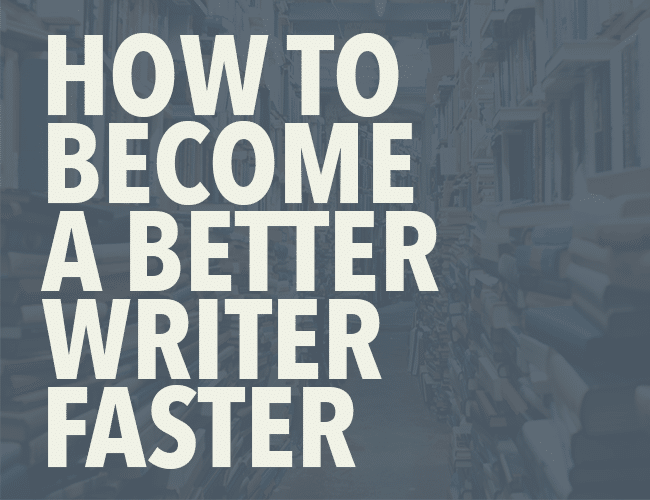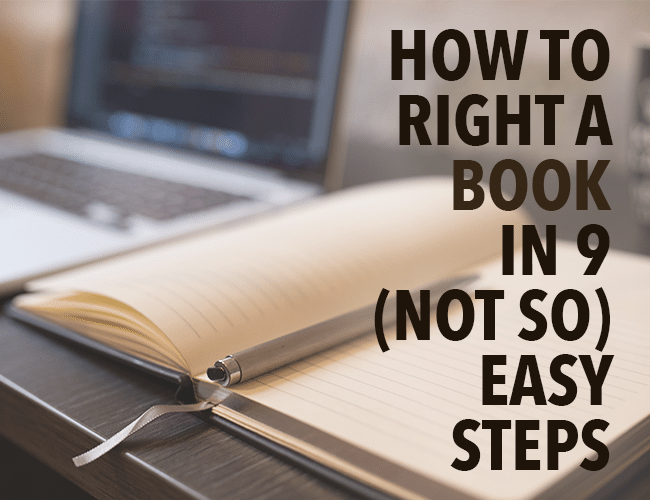
by Joslyn Chase |
Have you ever been told by some well-meaning soul that writing can’t be taught? Have you heard that the ability to create beautiful sentences and convey a heart-wrenching story is inborn, and you either have it or you don’t?
The Argentine writer and poet Jorge Luis Borges said, “Art is fire plus algebra.” That flame blazes in all of us, and can be fanned by passion and dedication. What’s more, we can apply the algebra through deliberate study and practice.
I believe writing can absolutely be taught and learned. Here’s how.

by Joe Bunting |
A high school pottery teacher split his class in half. To one half he told them they only had to produce one perfect pot by the end of the semester and they would get an A. He turned to the other class. They had to produced fifty pounds of pots by the end of the semester. It didn’t matter whether the pots they made were good or not. They had to be pots and there had to be fifty pounds of them.
By the end of the year, who do you think produced the best pot?
It’s really a question of what makes better work, quality or quantity?

by Sue Weems |
Daily writing produces a kind of experience and writing practice that is irreplaceable. But what if I’m writing every day, but my writing is still falling short of where I want it to be? (I’m asking for a friend.)
Do I push away from my writing desk to get better? Do I need a university course? Should I pay an editor? Sacrifice my first born child or a kidney?
Write more! I tell myself. But writing more is not enough. (Insert exasperated sigh.) Isn’t it hard enough just to write? What else do I have to do?
Practice differently. This is the secret to becoming the writer you want to be as quickly as possible.

by Joe Bunting |
165,000 people search “how to right a book” every month.
(NOTE: Step one to write a book, get a good critique group who will catch those spelling errors.)
Seriously though, wouldn’t it be great to write a book? To see your name on that glossy cover, flip the pages filled with words you’ve written, to be able to tell your friends, “I’m an author.”
How do you write a book?

by Kellie McGann |
I’m a full-time writer with no English degree. (I’ll tell you a bigger secret, I actually don’t have a degree at all.) And after doing this for a few years I’ve realized that you don’t need an English degree to become a writer.
I’ve been writing for The Write Practice for about two and a half years. I started as an amateur and recently launched my own writing business. So really, I am the poster child for how you really CAN make it.
(I’m still not completely sure how I made it, but I’m going to spend the next couple posts sharing what I did and how you can make it as a writer too!)

by Pamela Fernuik |
There are stories published in books, and stories that have never been published. There are stories that have been read by more people than live in Kansas* and there are stories that have been read only by you, the writer. Don’t compare yourself to others.
There are also stories that have never been written. Stories only you can tell.
Fiction or nonfiction, the stories you write are unique to your experiences and your creativity. But if you compare yourself to others, you might never write them.





